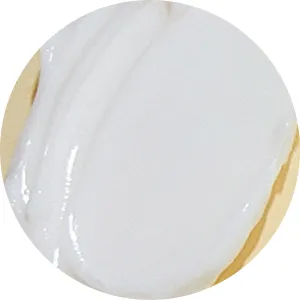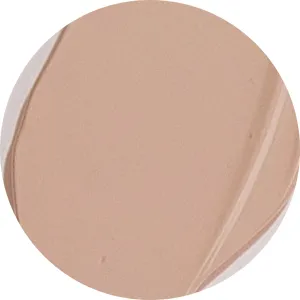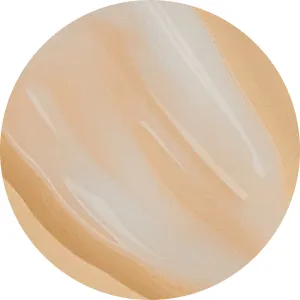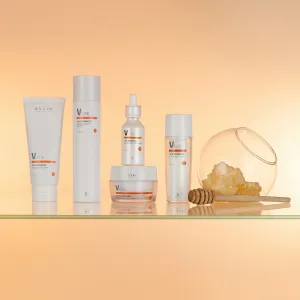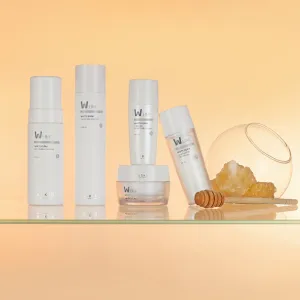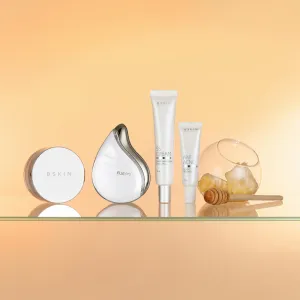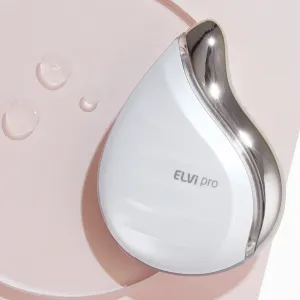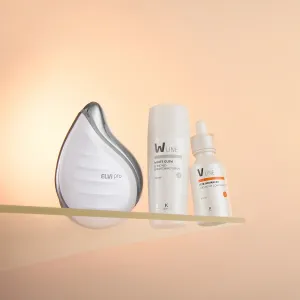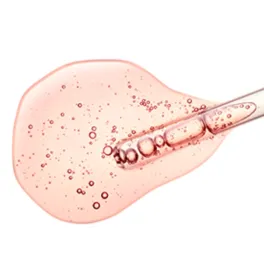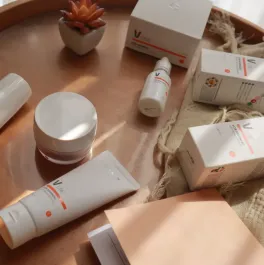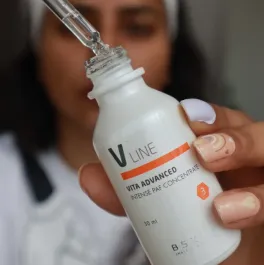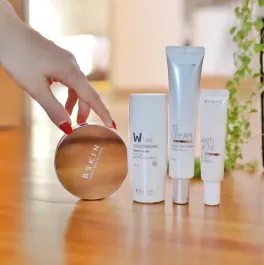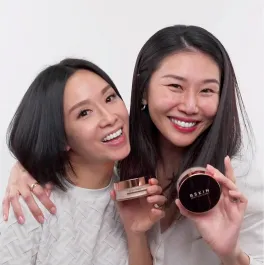How to Choose Skincare Products that are Best Suited for Your Skin - Dermatologist-backed Advice
How to Choose Skincare Products that are Best Suited for Your Skin - Dermatologist-backed Advice
Finding skincare products with the perfect components for your skin requires a personalized strategy. Some extra effort is required, but the result is well worth it.

A skincare product ingredients check might seem like reading a foreign language if you don't have a background in Latin or a chemistry degree. There is a reason for this confusing lingo: the International Nomenclature of Cosmetic Ingredients (INCI). Its purpose is to facilitate the development of a uniform vocabulary of component names to be used on labels in different countries. However, this results in skin care labels that are not exactly consumer-friendly.
To help out the everyday consumer, some companies may include the more familiar term in parenthesis after the scientific name, such as tocopherol (vitamin E). In reality, an ingredients list mostly seems like a collection of lengthy, strange terms separated by commas.
In this era of beauty influencers, it might be tempting to go with the flow, rather than undertake research and choose a popular skin care product (or ingredient) lauded by your favorite influencer. However, such a strategy doesn't always work out. No magic cream will make your skin look and feel perfect. Understand that what works perfectly for your closest friend may not be the right product for you.
Finding skincare products with the perfect components for your skin requires a personalized strategy. Some extra effort is required, but the result is well worth it.
If you do not know where to start, we spoke to dermatologists whose expertise is in cosmetic dermatology to get their insights on how to make it easier for you. With this knowledge under your belt, you may shop with assurance and prevent potential allergic skin reactions when trying new skin care.
Discover Your Skin Type
Knowing your skin type is crucial for selecting the right skincare products. There are no terrible products per se; rather, there are products that are better suited to some skin types than others.
People with sensitive or acne-prone skin should exercise the greatest caution while trying new skincare products. Oily skin, on the other hand, is less sensitive to a variety of substances that might cause breakouts or irritation in drier skin types.
In general, these are the ingredients that are recommended for each skin type:
For oily skin: Find products with benzoyl peroxide, hyaluronic acid, and alpha hydroxy acids (such as glycolic acid or salicylic acid). These components help regulate oil production while hyaluronic acid hydrates just the places that require it.
For dry skin: Products with shea butter and lactic acid are good choices. These ingredients hydrate dry skin and gently exfoliate it to maintain a healthy, vibrant appearance.
For sensitive skin: Try finding aloe vera, oatmeal, and shea butter-based products if you have sensitive skin. They usually don't cause acne breakouts and are effective moisturizers.
It's best to see a dermatologist if you aren't sure of your skin type, even if you think you know, just to be sure. When you know what your skin type is, you can begin making more informed product choices.
Don't Believe The Fads
We shouldn't put too much emphasis on packaging and popularity when choosing products for our skin. In deciding whether or not to purchase a product based on a friend's or influencer's advice, you should consider not just how wonderful their skin looks presently but also the sort of skin they were dealing with before using the recommended product. As a result, you'll have a more accurate gauge of the product's potential effectiveness.
Customers who had severe reactions to popular products like the St. Ives Apricot Scrub and several Mario Badescu lotions have recently filed lawsuits against the companies. If any of these items are already in your bathroom cabinet, there is no need to throw them out just yet. Because that doesn't mean these products are bad for every user. The criticism leveled at certain widely used skincare companies and products serves as a useful reminder that a popular product does not automatically make it the best choice for you.
No matter the number of stars or amazing reviews a product gets, you should still read the ingredients before buying it.
Look Out For These Ingredients
Glycerin
An ingredient referred to as the backbone of moisturizing products.
Hyaluronic acid and ceramides
Both substances are essential moisturizing agents organically present in the skin.
L-Ascorbic acid (Vitamin C)
In particular, the l-ascorbic acid form of vitamin C is an antioxidant that repairs damage caused by UV rays and boosts collagen formation.
Tocopherol (Vitamin E)
Having both vitamin E and vitamin C in your skincare routine is like having a superpower.
Retinol
To get the best results from your evening regimen, look for products that include retinol. It helps speed up cell renewal and increase collagen production.
Niacinamide (Vitamin B3)
Oil production can be reduced, the skin can be hydrated, and the skin's tone can be evened out, all with the help of niacinamide.
Stay Away From These Ingredients
Fragrance/perfume
If you have sensitive skin, it's crucial to steer clear of products with added fragrances since they might trigger allergic reactions.
Sulfates
Sulfates are often used in shampoos and body washes as a cleaning ingredient. They can dry the hair and skin because they remove natural oils.
Parabens
Chemical preservatives called parabens are routinely used to stop the development of microorganisms in finished goods. They are known as estrogen mimickers and may have negative long-term effects by disrupting hormonal equilibrium.
Formaldehyde and formaldehyde releasers
Due to its status as a carcinogen, formaldehyde is rarely seen in modern products. However, it is often substituted with other compounds that produce formaldehyde over time, such as DMDM hydantoin, quanterium-15, diazolinge urea, and imidazolidinge urea.
Understand That Natural Doesn't Necessarily Mean Great
Although finding some recognizable terms in the ingredients list might be reassuring, there is no guarantee that the product is risk-free. For instance, poison ivy has an oil that can be extracted, but it's not one you will want to use topically. Natural and organic claims on product labels can sometimes be exaggerated for marketing purposes. Due to a lack of regulation and industry-specific norms, such phrases may be misleading. Furthermore, occasionally just one or two components in a product may be considered natural.
Do Not Be Alarmed By The Lengthy List Of Ingredients
Many of us were trained as children to choose foods with shorter, more recognizable ingredient lists. While a shorter ingredient list may be simpler to read, it may not always be sufficient for your skincare needs.
The list of substances will get lengthier when you're shopping for anti-aging and high-end medical skincare products. Plus, you shouldn't let it put you off. Instead, get assistance in deciding whether the product is right for you from a skin expert.
Pay Attention To The Sequence Of Components
Once you've narrowed down your choices to a few skincare products, you can start paying attention to their placement on the list. As a fair rule of thumb, we suggest glancing at the first five components, which mostly account for around 80 percent of the product's content.
Ingredients are listed on product packaging in order of concentration levels (from highest to lowest), so if there's an unsafe ingredient or a potential irritant among the first five mentioned, you'll want to stay away from that product.

